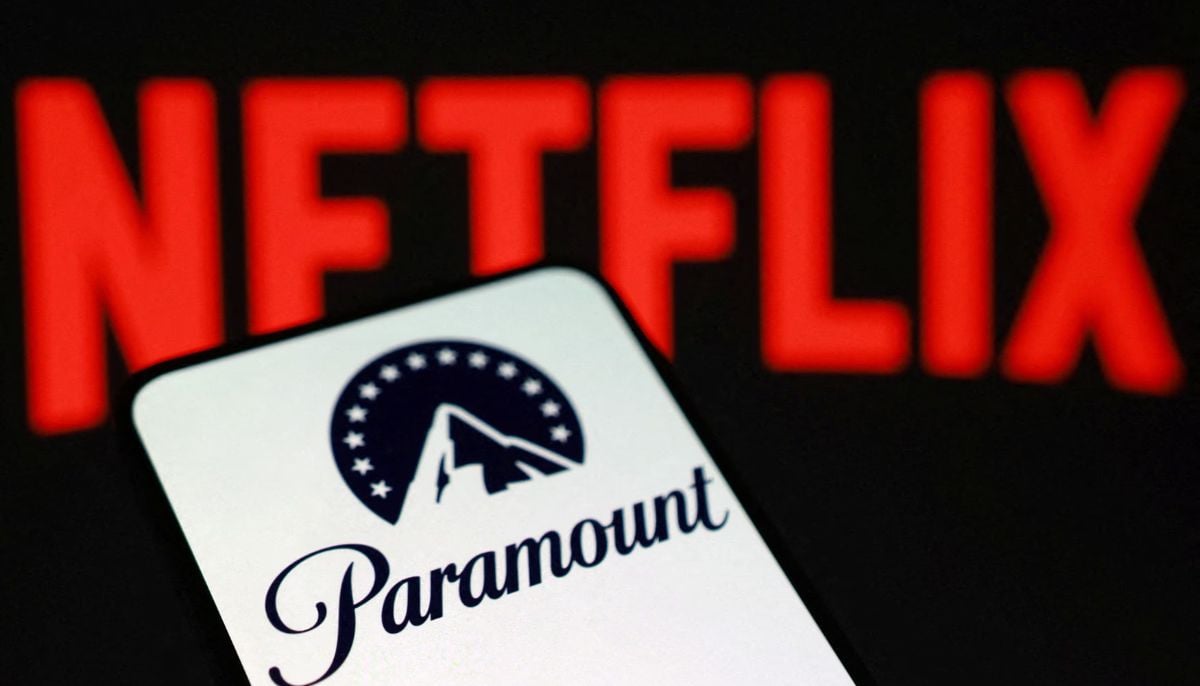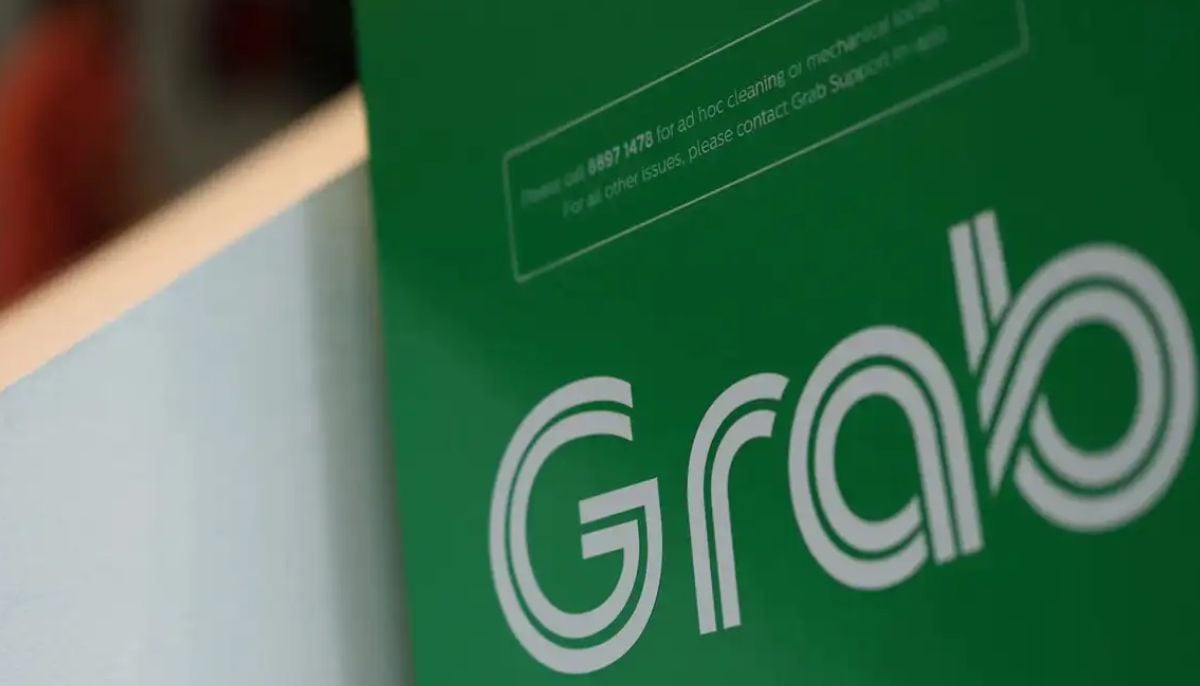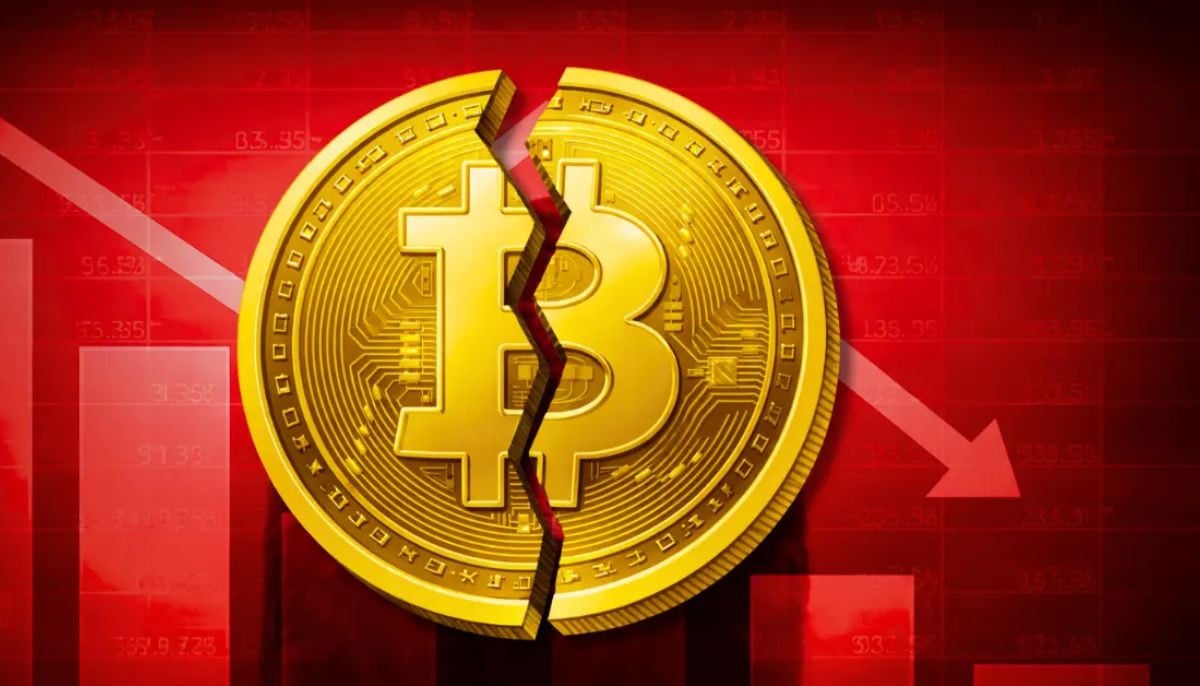What would happen if Rs5,000 note is banned?
Experts Miftah and Zaidi share divergent views on the consequences of banning highest-denomination note
The rumours regarding a ban on the Rs5,000 note have sparked debate as to what would happen if the government bans the highest denomination note in the country.
Two prominent experts — Miftah Ismail and Shabbar Zaidi — shared their divergent views on the matter, just hours after a fake notification fuelled rumours among the people claiming that the government has decided to discontinue the note.
Speaking on Geo News show "Aaj Shahzeb Khanzada Kay Sath", former finance minister Miftah said the move will only create uncertainty and fear and will not solve the problem we are trying to address.
He shared that the Indian economy suffered a setback of a 1-2% decline in GDP when the Modi government announced to ban on Rs2,000 notes.
The former minister mentioned that people do find ways to avoid restrictions and every note of Rs2,000 was encashed in India.
"It is not proved anywhere in the world that discontinuation of currency stops corruption."
Ismail also said it would increase dollarisation in the country.
He credited the appreciation in rupee value to an increase in confidence after the recent meeting of military leadership with the businessmen.
"Curbing smuggling of petroleum products from Iran is necessary," Ismail added.
‘Ban key to curb cash economy’
Opposing Miftah’s views, during the show, former chairman of the Federal Board of Revenue (FBR) Shabbar Zaidi insisted that the discontinuation of Rs5,000 note and curbs on the physical movement of dollars is key to curbing the cash economy in the country.
Zaidi maintained that currency circulation is very high in Pakistan and the Rs5,000 note provides convenience in the cash economy, adding that people have kept wealth in their lockers in dollars and Rs5,000 notes, which should be banned.
"What does a person need dollars in cash in Pakistan? Anyone seen with the greenback should be arrested until he proves where the dollars came from."
50% of the people will not encash if they are asked to deposit Rs5,000 notes in banks, Zaidi added, and cited the example of India which discontinued the Rs2,000 note some time ago in a bid to curb corruption.
He, however, suggested the authorities give some time to the holders so that they can exchange it.
"I spoke about shutting down exchange companies, now people have understood the reason behind it. The work of the exchange companies should be given to the banks, these companies will be abolished in a year. There are no exchange companies anywhere in the world except Dubai. By establishing exchange companies, the dollar has technically been made the currency of Pakistan."
-
BTC price today: Bitcoin sinks below $65K on trade uncertainty
-
Tesla expands Cybertruck lineup with affordable model in US, slashes Cyberbeast price to boost demand
-
Uber enters seven new European markets in major food-delivery expansion
-
Will Warner Bros finalize deal with Paramount or stays loyal with Netflix's offer?
-
$44 billion Bitcoin blunder: Bithumb exchange apologizes for accidental payout
-
Global memory chip crunch puts spotlight on Apple; Will iPhone become more pricey?
-
Bitcoin plummets toward $60,000 as investors dump risky bets
-
Bitcoin crashes below $63K as regulatory pressure and market fears grow











